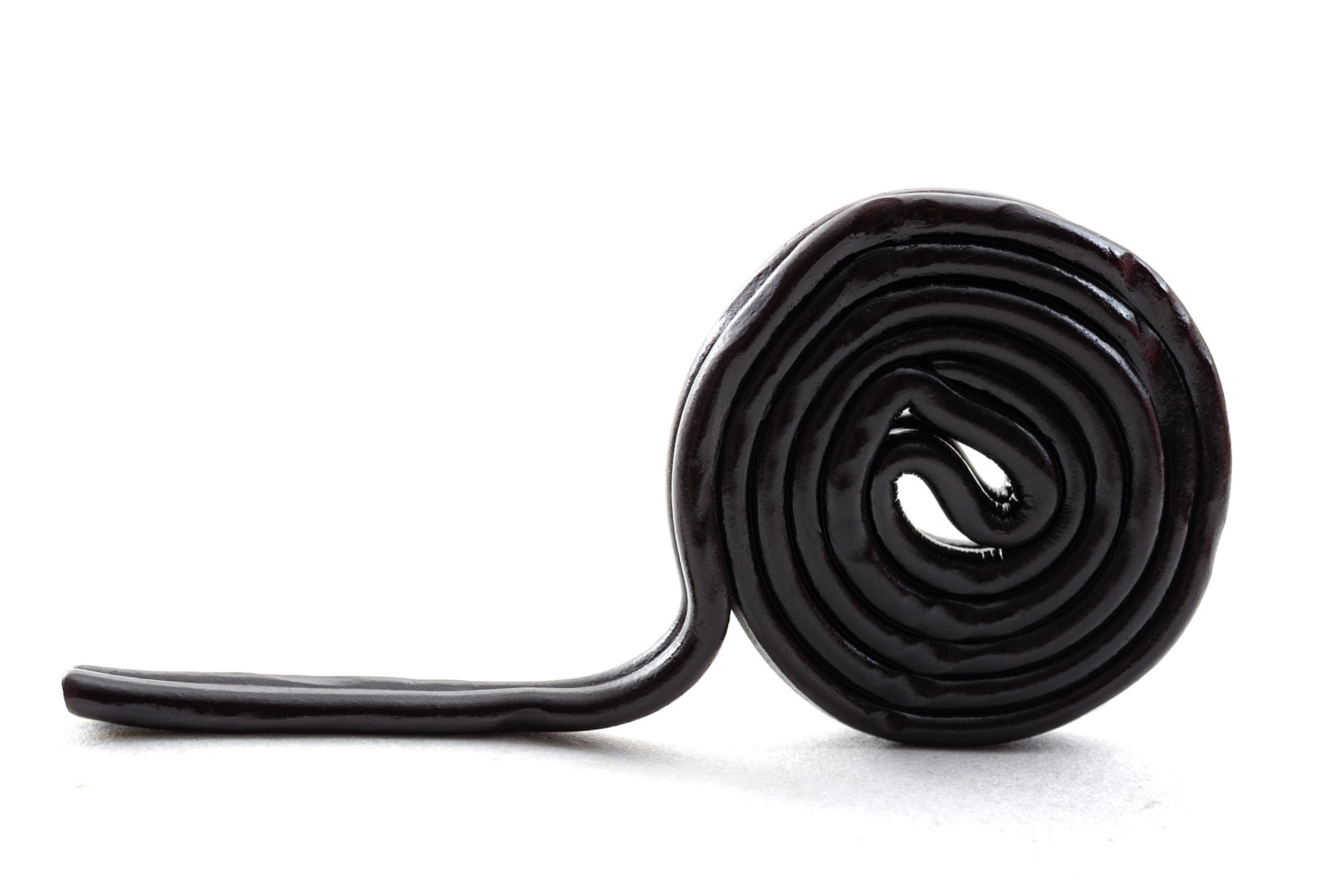A 54-year-old man who had been eating up to two large packages of candy a day died as a result of consuming too much licorice, according to a newly published study in The New England Journal of Medicine. The case study prompts the question: Can you really overdose on black licorice?
Yes, according to health experts, eating too much of the candy can cause serious, even life-threatening health issues. While licorice root is generally considered a safe food ingredient, it can cause some major health problems, including a dangerous drop in your body’s potassium levels and increased blood pressure, when you eat too much of it for a long period of time, according to the National Center for Complementary and Integrative Health.
Experts at the Food and Drug Administration explain that black licorice contains glycyrrhizin, which is a sweetener that comes from licorice root. Glycyrrhizin can cause potassium levels in your body to plunge, and when that happens, some people experience abnormal heart rhythms, high blood pressure, swelling, lethargy, and, in extreme cases, congestive heart failure.
According to doctors, the man who died from eating too much licorice — a Massachusetts construction worker — had a poor diet that consisted primarily of several packages of candy daily. He lost consciousness in a fast-food restaurant, received CPR and was taken to the hospital, but died from heart failure. Three weeks prior, he had switched from eating fruit-flavored soft candy to a licorice-flavored soft candy that contained the glycyrrhizic acid.
Several medical journals have linked black licorice to health problems in people 40 and older, some of whom had a history of heart disease or high blood pressure. But how much black licorice is considered too much?

If you’re 40 or older, eating 2 ounces of black licorice a day for at least two weeks could land you in the hospital with an irregular heart rhythm or arrhythmia, according to the FDA.
But if you’ve been eating too much black licorice, the good news is once you stop, potassium levels are typically restored to normal levels and no permanent health problems persist.
The FDA does caution that no matter your age, you shouldn’t eat large amounts of black licorice at one time. If you have been eating a lot of black licorice and have an irregular heart rhythm or feel muscle weakness, they advise you to stop eating it immediately and contact your physician.
Also, because black licorice can interact with some medications, herbs and dietary supplements, it’s a good idea to consult your doctor if you are fond of black licorice to check whether it could be causing any health problems, the FDA cautions.
The takeaway here: If you like black licorice, it’s something that should be enjoyed in careful moderation.
This story originally appeared on Simplemost. Checkout Simplemost for other great tips and ideas to make the most out of life.


